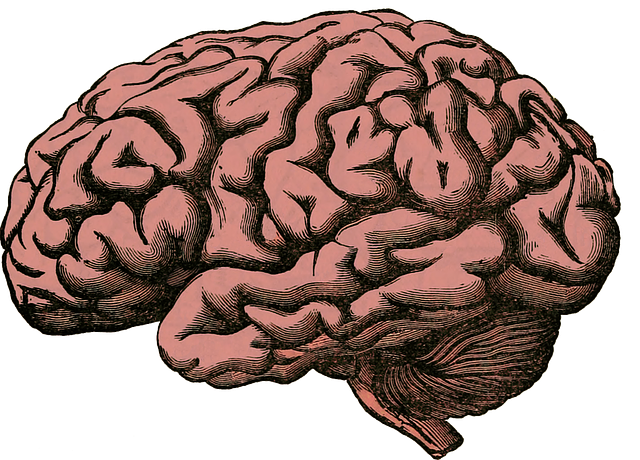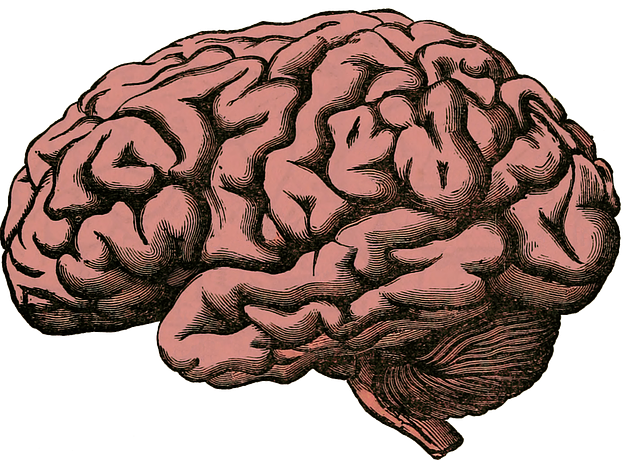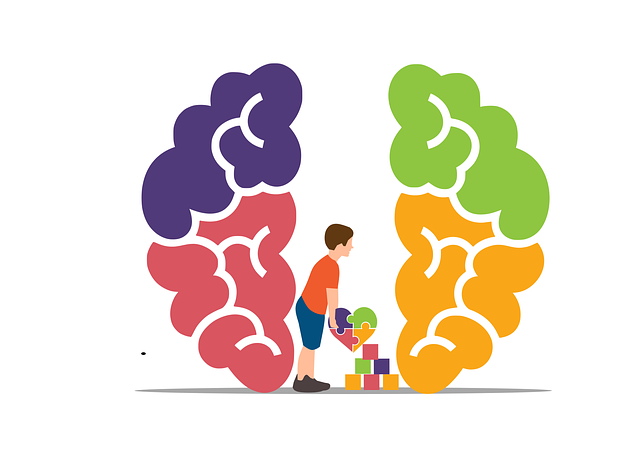Mental health data collection has evolved with digital platforms and diverse sources, offering a comprehensive view of trends and challenges. Westminster Gender-Affirming Care Therapy (WGACT) is a pioneering service specializing in gender dysphoria support, utilizing structured data analysis and holistic techniques like journaling and mindfulness to tailor treatments and improve patient outcomes. By integrating various data points from surveys to observations, mental health professionals gain deeper insights into patients' subjective well-being. WGACT's approach emphasizes non-judgmental spaces, challenging societal norms, and building communities, revolutionizing trauma support services. Future strategies should focus on data interoperability, AI for pattern recognition, and public awareness initiatives to enhance holistic mental well-being.
Mental health data analysis is a burgeoning field that promises to transform patient care. This article delves into the intricacies of understanding, collecting, and interpreting mental health data, using Westminster Gender-Affirming Care Therapy as a compelling case study. We explore how effective treatment strategies can emerge from meticulous data analysis, while also highlighting challenges such as data privacy concerns and bias. Finally, we discuss future directions, emphasizing the potential for advanced analytics to personalize care and improve patient outcomes.
- Understanding Mental Health Data: Collection and Sources
- Westminster Gender-Affirming Care Therapy: A Case Study
- Analyzing and Interpreting Data for Effective Treatment
- Challenges and Future Directions in Mental Health Data Analysis
Understanding Mental Health Data: Collection and Sources

Understanding Mental Health Data begins with recognizing the diverse sources and methods of collection. Various institutions, including hospitals, clinics, and research centers, gather data through structured interviews, surveys, and observations. Digital platforms like mental health apps and online therapy services have emerged as valuable resources, providing access to a wider range of data points, from user interactions to treatment outcomes. The integration of these sources offers a holistic view of mental health trends and challenges.
In the context of Westminster Gender-Affirming Care Therapy, for instance, data collection involves tracking patient demographics, diagnostic criteria, treatment modalities, and associated outcomes. By analyzing these data, professionals can identify patterns related to gender-affirming care effectiveness, patient satisfaction, and long-term mental wellness. Utilizing Mind Over Matter Principles and incorporating Mental Wellness Journaling Exercise Guidance as part of data interpretation helps in uncovering insights that go beyond mere numbers, emphasizing the human element within the data. Additionally, practices like Mindfulness Meditation, when incorporated into data analysis, can offer deeper understanding of patients’ experiences and subjective well-being.
Westminster Gender-Affirming Care Therapy: A Case Study

Westminster Gender-Affirming Care Therapy (WGACT) stands as a pioneering initiative within the realm of mental health services, offering specialized care for individuals navigating gender dysphoria and related challenges. This case study highlights the therapeutic approach WGACT employs, focusing on affirming and validating experiences of gender identity, which is pivotal in fostering coping skills development. By providing a safe space free from judgment, the therapy program empowers clients to embrace their authentic selves, thereby enhancing their overall mental health awareness and well-being.
The therapy’s success lies in its comprehensive approach, integrating various techniques to address not just the psychological aspects but also the social and cultural nuances surrounding gender identity. Through individual and group sessions, clients engage in open discussions, share experiences, and learn coping strategies tailored to their unique needs. This supportive environment encourages participants to challenge societal norms, reduce internalized transphobia, and cultivate a sense of community, all of which contribute to improved trauma support services.
Analyzing and Interpreting Data for Effective Treatment

Effective treatment for mental health issues hinges on meticulous data analysis and interpretation. By delving into patient records, therapists at Westminster Gender-Affirming Care Therapy can uncover valuable insights that guide tailored interventions. This process involves evaluating various factors—from symptoms reported to progress over time—to identify patterns and triggers. Through this, therapists gain a deeper understanding of each individual’s unique mental health landscape.
For instance, analyzing data might reveal correlations between specific therapeutic techniques and positive outcomes, like enhanced inner strength development and resilience building. Such insights empower therapists to make informed decisions, ensuring that treatment strategies are not only effective but also aligned with the patient’s needs. This personalized approach fosters better engagement and, ultimately, promotes more successful recovery journeys.
Challenges and Future Directions in Mental Health Data Analysis

The landscape of mental health data analysis is evolving rapidly, presenting both opportunities and challenges. One significant challenge lies in integrating diverse data sources—from electronic health records to social media platforms—to gain comprehensive insights into individual experiences. As we navigate this complex web of information, ensuring data privacy and ethical handling becomes paramount, especially when addressing sensitive topics like mental wellness among marginalized communities, such as those seeking Westminster Gender-Affirming Care Therapy.
Looking ahead, future directions in mental health data analysis should focus on enhancing interoperability between systems to facilitate seamless sharing of de-identified data. Leveraging artificial intelligence and machine learning algorithms can aid in identifying patterns and trends that may otherwise go unnoticed. Additionally, the development of public awareness campaigns, resilience-building initiatives, and even Mental Wellness Journaling Exercise Guidance can complement data-driven insights by fostering a culture of open dialogue and self-care. These collaborative efforts are crucial for improving mental health outcomes and promoting holistic well-being at a population level.
Mental health data analysis is a powerful tool that can significantly enhance therapeutic outcomes. As demonstrated by the case study of Westminster Gender-Affirming Care Therapy, understanding and interpreting data from diverse sources can lead to more effective treatment strategies. By navigating the challenges and embracing future directions, mental health professionals can leverage data to provide personalized care and improve patient well-being. This evolving field holds great promise for revolutionizing mental healthcare in today’s digital era.














